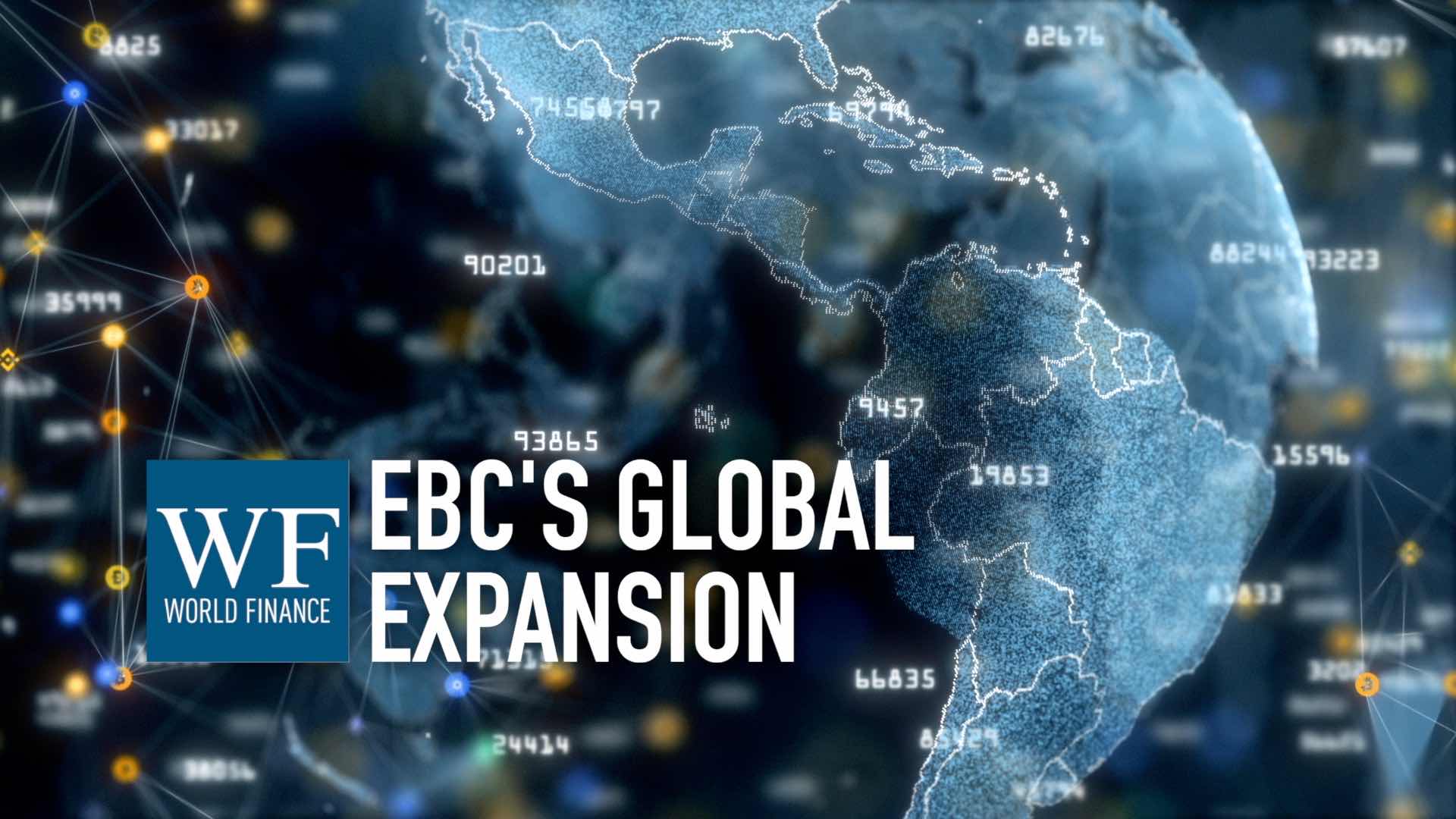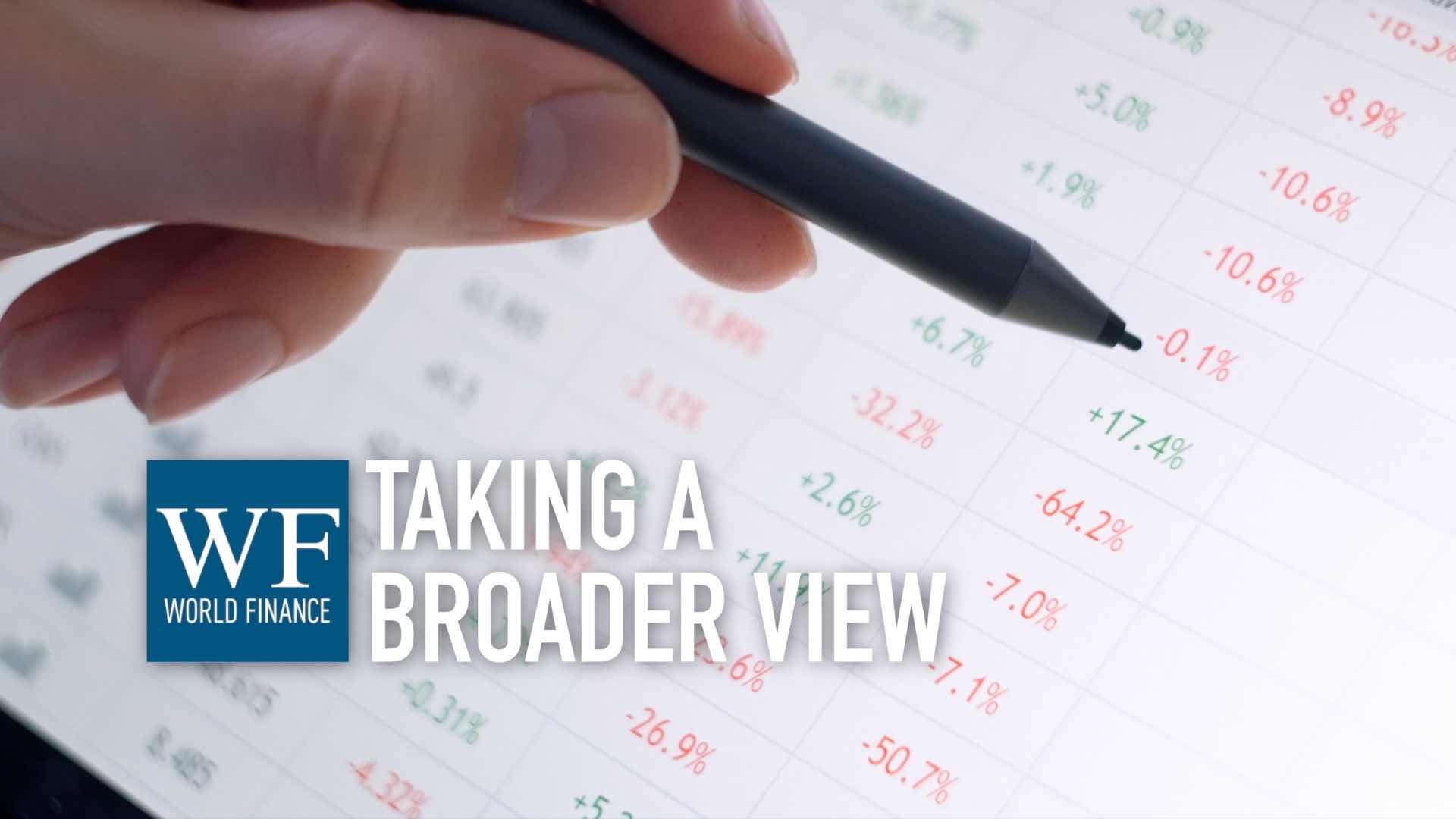Markos Kashiouris on the evolution of the forex market | Iron FX | Video
World Finance interviews Markos Kashiouris, Chairman and CEO of IronFX, about how the forex market has evolved over the past five years
Related:
Transcript
Since the onset of the 2008 global financial crisis, the forex market has grown to become an investment class on its own. Markos Kashiouris, Chairman and CEO of IronFX, talks about the impact of changes on the market and new hotspots for trading growth.
World Finance: Tell me Markos, how has the forex market evolved?
Markos Kashiouris: The key element that arose since 2008 is that forex has become an asset class on its own, and becoming an asset class on its own means that, first of all, it has become more interesting to all kinds of investors, from retail to institutional.
The second element is that it’s a truly global market nowadays, so it’s not just part of the Anglo Saxon world, it’s not part of the English speaking world, it’s huge in Asia, it’s huge in Latin America, it’s huge in Russia, it’s huge in Africa, it’s huge in Europe. So the definition of the asset class is not necessarily arising from the financial crisis in 2008, and therefore people want to invest into a new asset class, it’s just a combination of all other factors that evolve around investing, and around having access to a liquid market 24 hours a day.
World Finance: Have you seen the profile of the average trader change in recent year?
Markos Kashiouris: The average trade has become more sophisticated, both in terms of the product that they require to trade, but also the systems. This increase in sophistication has given rise to a new breed of FX companies, that cater specifically to this increased sophistication.
People want the ability to use all kinds of trading technology on that platform that will enable them to perfect their trading strategies. Automated trading, algorithmic trading, social trading where they follow different trade leaders, the ability to trade on multiple accounts at the same time. So sophistication is the key element of the change, and being sophisticated is an advantage for both ourselves in the market, and also the industry growth as a whole.
World Finance: Do you find investors and institutions gravitating towards forex since the global recession a few years ago?
Markos Kashiouris: We have to split the market into retail and institutional in order to answer this question in detail. The retail trader has been driven by technological advancement, the increase in internet penetration, the proliferation of companies like us, offering the service to the clients.
For institutional investors, the creation of a new asset class is more prevalent in the sense that the forex market is not very correlated with the equity market, with the credit market, so therefore can be used as a natural hedge in many instances. Also it’s very liquid, and it’s very transparent, so that’s another reason that institutions have moved into this market, especially since 2008.
World Finance: Is the forex market able to transcend political tremors? Such as instability in Ukraine, or unease in Greece or Spain?
I don’t think any single political or economic event can crash the forex market
Markos Kashiouris: The forex market, by definition, is a global market, it’s a 24/7 market, where there is no single exchange that is handling it. So in that respect, yes, it can withstand all kinds of political instabilities and political barriers. It’s also a market that thrives on volatility. Having events, for example, such as what is happening now in Ukraine, it’s almost like providing fuel to the market, providing a reason for people to trade.
I don’t think any single political or economic event can crash the forex market. There will be movement in currencies, that’s how the market works, but you’re not going to see the seizure of the market in the fashion that you saw the seizure of the credit markets in 2008, because of a single event.
World Finance: Finally, many of your competitions target Asia, is that the new hot spot for forex trading growth?
Markos Kashiouris: Yes, our focus is in Asia, for a multitude of reasons. Size of population, emerging growth, urbanisation, economic growth, the creation of the new middle classes that want to have an investment product. All these kinds of socioeconomic elements will persist for a few more decades in my opinion, and therefore we will continue our concentration in Asia.
World Finance: Markos, thank you.
Markos Kashiouris: Thank you.

 EBC Financial Group expands family of firms to Australia and Mauritius
EBC Financial Group expands family of firms to Australia and Mauritius EBC UK CEO: Broader instruments like ETFs helping clients better reflect their risk
EBC UK CEO: Broader instruments like ETFs helping clients better reflect their risk
